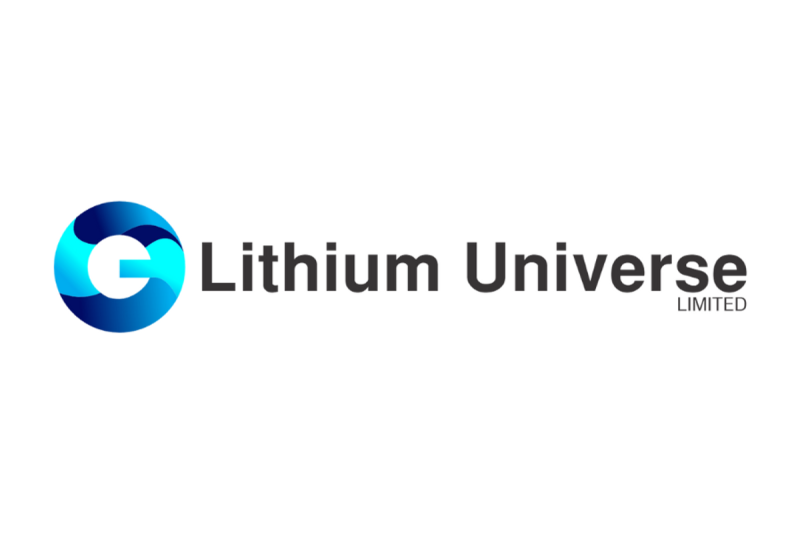Lithium Universe Limited (“Lithium Universe”, the “Company” or ASX: “LU7”) is pleased to announce the completion of its 2023 summer/fall exploration work programme at the Apollo Lithium Project. The Company was able to expediently complete its on-ground operations during the summer/fall season maximizing productivity. An exploration crew flew in to commence fieldwork campaign at Apollo in August and September 2023. The Company has now received all the final soil laboratory analysis and has devised a drilling strategy for 2024 along a major east-west trending fault shear corridor feature that extends from the Apollo project to Winsome Resources Limited’s Adina Lithium project to the east. Some potential targets have been generated that may be incorporated into a future maiden drilling program in 2024 (see Figure 10).
Highlights
Completion of summer/fall exploration campaignAn intensive field program comprising geological mapping and samplingFinal soil laboratory analysis receivedDrilling strategy for 2024 along a major east-west trending fault shear corridor featureFeature extends from Apollo project to Winsome Resources Limited’s Adina Lithium project to the eastPriority drill targets generated for 2024 drilling campaign
As previously referenced, the Company partnered with Laurentia Exploration Inc, (Laurentia) a highly reputable exploration company based in Québec, Canada encompassing all aspects of the exploration work, including site geological assessments, drilling operations, permitting, helicopter access, and overall logistics management. Laurentia mobilised and commenced field work on the Apollo project in August and September 2023 with personnel accommodation, lodging, and logistics seamlessly managed from Otish Camp located approximately 73 km to the southeast of the Apollo project (see Figure 1). Personnel and equipment mobilisation between Otish Camp and the Apollo Project was undertaken daily by a Bell 212 helicopter (see Figures 1 and 2) operated by Panorama Helicopters providing Heli-Supported operations. The work program was successfully completed on the 9th of September, with demobilisation occurring shortly thereafter.
Prospection, Mapping and Sampling Campaign
A highly focussed summer/fall field mapping and sampling campaign was completed concentrating on high- potential areas highlighted by previous KorrAI satellite and airborne magnetic litho-structural interpretations (Figures 3 and 4). A total of 666 km of traverses and 209 rock chip samples were collected covering a majority of the 240 km2 Apollo permit to evaluate the potential for rare element LCT pegmatite, spodumene mineralisation, and geochemical pathfinders, attempting to identify as follows:
Late-stage, large granite intrusions;Greenstone metamorphic rocks; Extensional fault structures and host rock porosity to accommodate the emplacement of late stage, LCT pegmatite dykes.
Click here for the full ASX Release

